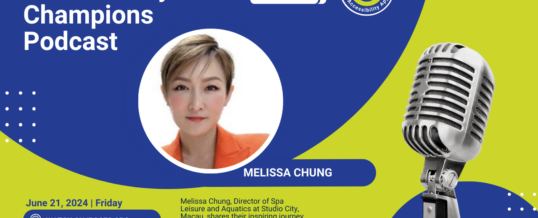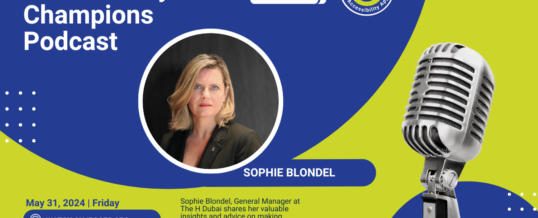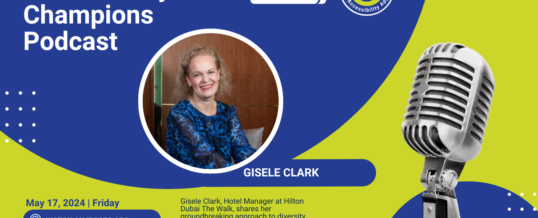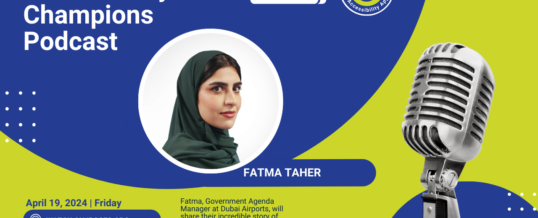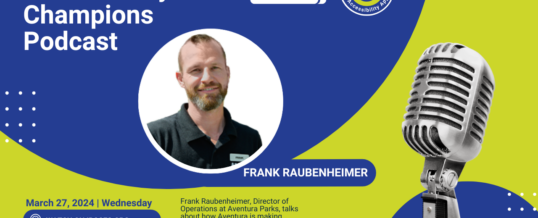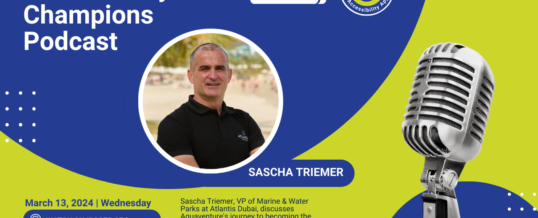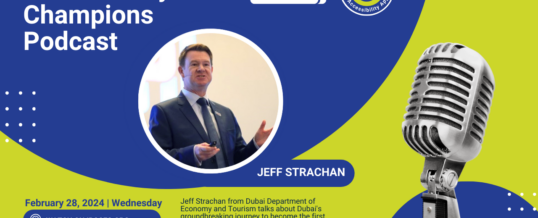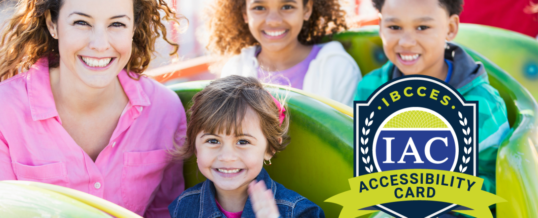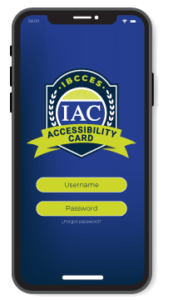About the episode
In this episode of the Accessibility Champions Podcast, we sit down with Melissa Chung, Director of Spa Leisure and Aquatics at Studio City, Macau. Melissa shares their inspiring journey in transforming Studio City as Macau’s first Certified Autism Center™, she also shares how training and awareness have impacted her colleagues to become advocates of accessibility.
JUN
